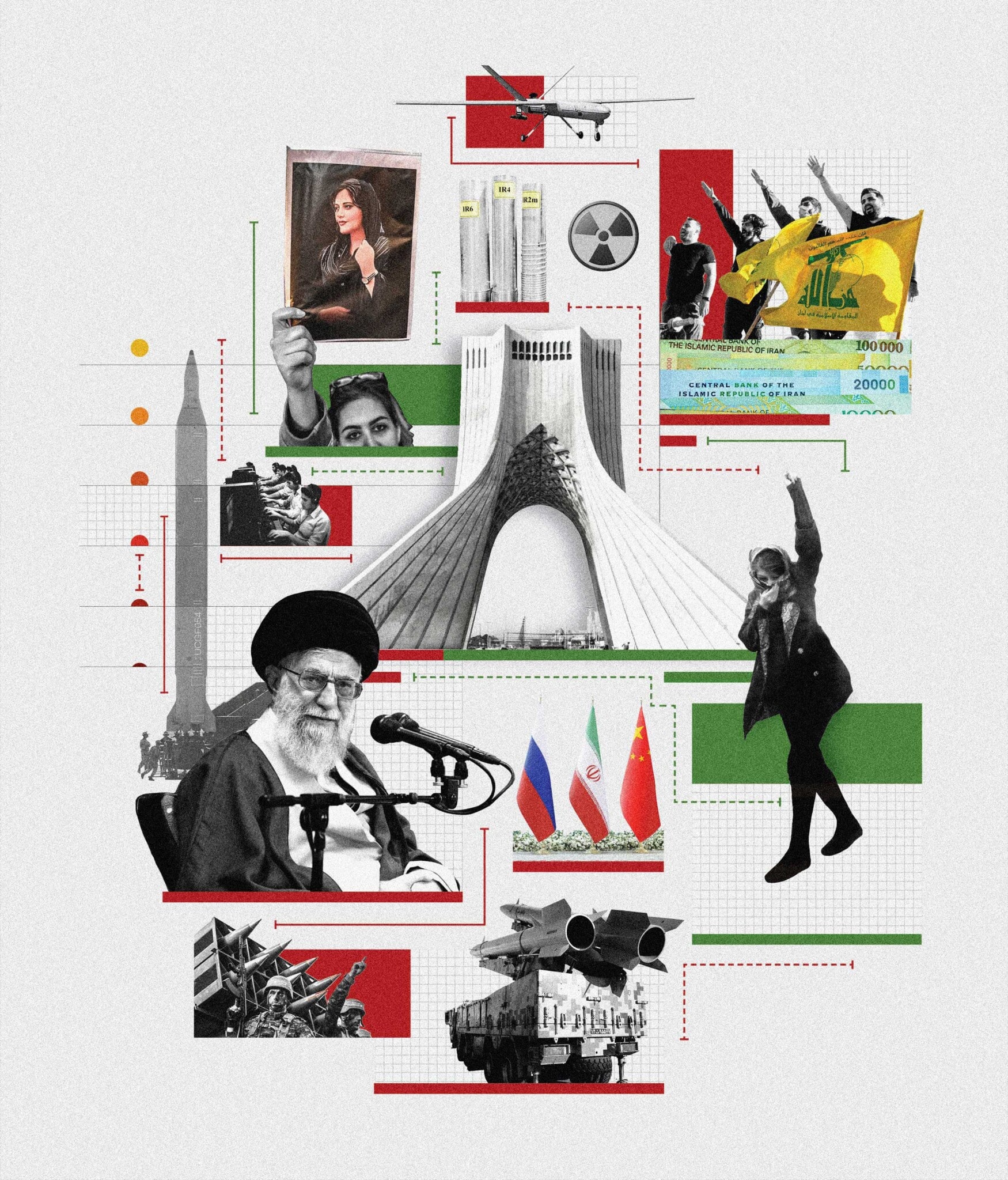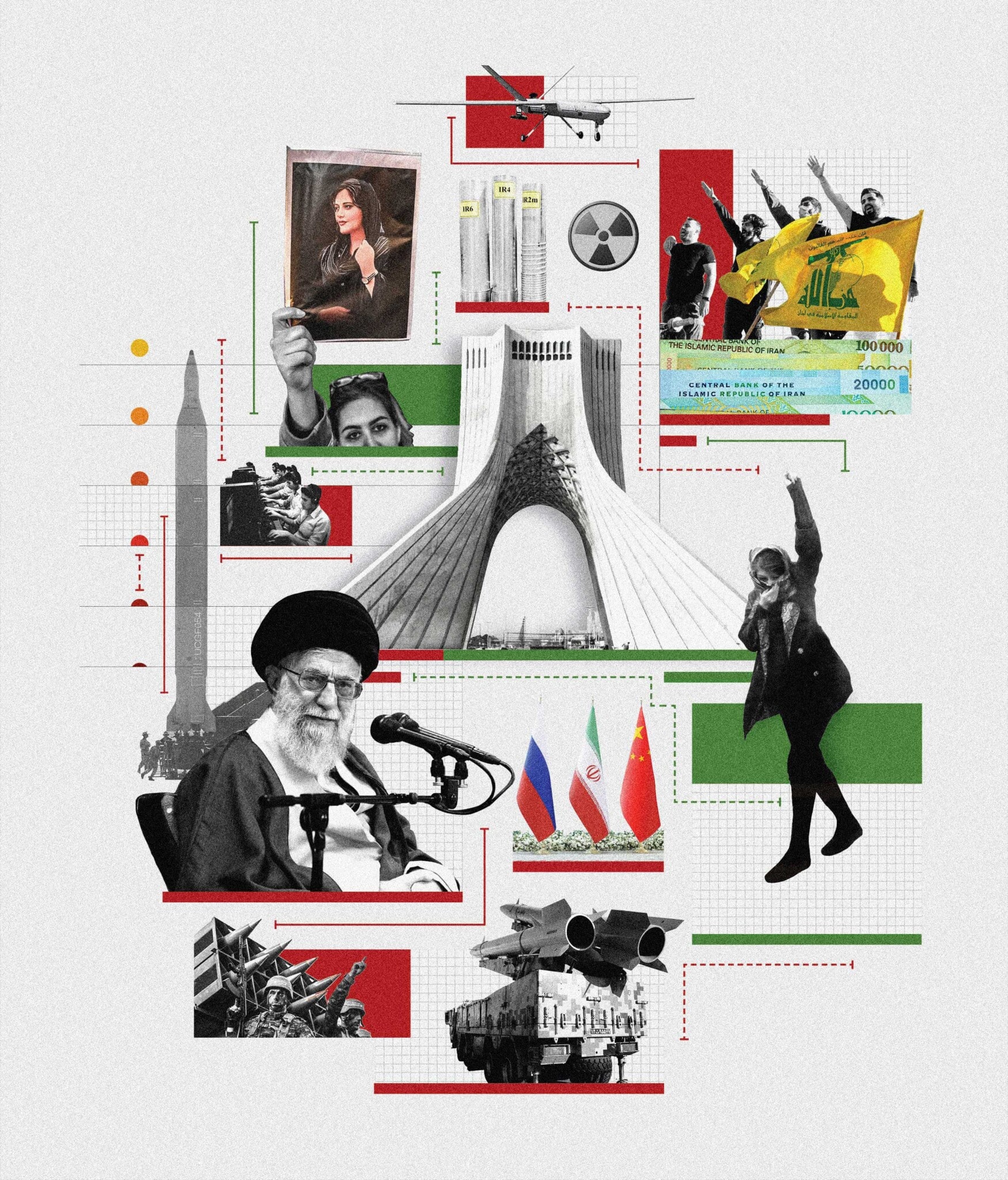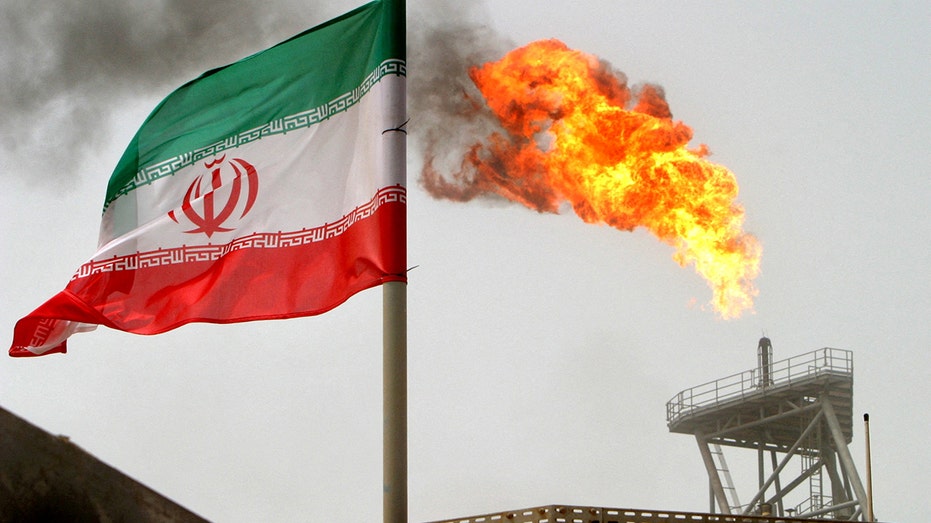
U.S. State Department and Treasury Reinstate Maximum Pressure Sanctions on Iran’s Oil Trade
In a significant escalation of tensions between Washington and Tehran, the U.S. State Department and the Department of the Treasury reinstated “maximum pressure” sanctions on Iran’s oil trade this past Monday. This decision follows President Donald Trump’s recent return to office, highlighting the Biden administration’s ongoing challenges with Iran.
Targeting a Network of Illicit Shipping Facilitators
The State Department has announced sanctions on 16 entities and vessels it claims to be part of a “network of illicit shipping facilitators.” These entities are accused of obscuring their involvement in the transportation and sale of Iranian oil to various Asian buyers. According to State Department spokesperson Tammy Bruce, this network has successfully transported tens of millions of barrels of oil over the years, with values totaling hundreds of millions of dollars.
In conjunction with the Treasury Department’s Office of Foreign Assets Control (OFAC), the U.S. further imposed sanctions on 22 individuals and designated 13 vessels as “blocked property.” This action is a part of a larger strategy aimed at diminishing Iran’s capability to leverage oil revenues for supporting what the U.S. claims are terrorist activities.
Significant Players in the Oil Trade Targeted
The entities affected by these sanctions include oil brokers operating in the United Arab Emirates and Hong Kong, and tanker operators and managers located in India and China. Notable figures associated with Iran’s National Iranian Oil Company and the Iranian Oil Terminals Company are also among those sanctioned. These organizations are believed to be instrumental in financing Iran’s destabilizing operations throughout the region.
Commitment to Disrupting Iran’s Financial Networks
Treasury Secretary Scott Bessent reinforced the U.S. commitment to undermining Iran’s illicit financial infrastructure. He emphasized, “Iran depends on a covert network of vessels, shippers, and brokers to facilitate its oil trade and fund destabilizing activities.” Secretary Bessent further warned that any individuals or entities engaged in transactions involving Iranian oil would face severe sanctions.
Continued Tension in U.S.-Iran Relations
The renewed sanctions arrive amidst increasing regional tensions, including ongoing conflicts involving Iran-backed Hamas and Israel. These developments illustrate the strained relations between the two nations, exacerbated under the Trump administration’s policies.
Following an executive order by President Trump earlier this month to reinstate the pressure campaign, Iranian Foreign Minister Abbas Araghchi dismissed the strategy, stating, “Maximum pressure is a failed experiment, and repeating it will only lead to further failure.” The Iranian leadership’s strong resistance to U.S. efforts to curtail the nation’s nuclear ambitions indicates persistent obstacles in diplomatic negotiations.
Past Incidents and Allegations Heighten Concerns
The backdrop of these sanctions is marked by alarming incidents that have further strained relations. Last year, the U.S. Department of Justice charged Iran with orchestrating a plot for an assassination attempt against President Trump. This alleged plot was said to be in retaliation for the 2020 U.S. airstrike that killed IRGC General Qassem Soleimani, a key figure in Iran’s military operations. However, Iranian President Ebrahim Raisi refuted these allegations in a recent interview with NBC News’ Lester Holt, emphasizing Iran’s commitment to sovereign actions without interference.
Looking Forward: Diplomatic Challenges Persist
As the U.S. administration reiterates its goal of countering Iran’s regional influence, the challenges in diplomacy remain vivid. The U.S. continues to stand firm against what it perceives as Iranian efforts to expand its nuclear capabilities, despite the insistence of Iranian officials that their intentions remain peaceful and within international regulations.
In conclusion, the reinstatement of maximum pressure sanctions marks a significant strategy shift in the U.S.’s approach towards Iran, reflecting both the political climate and ongoing geopolitical complexities. As the administration navigates these turbulent waters, the likelihood of increased confrontations remains a pressing concern for regional and global stability.


















